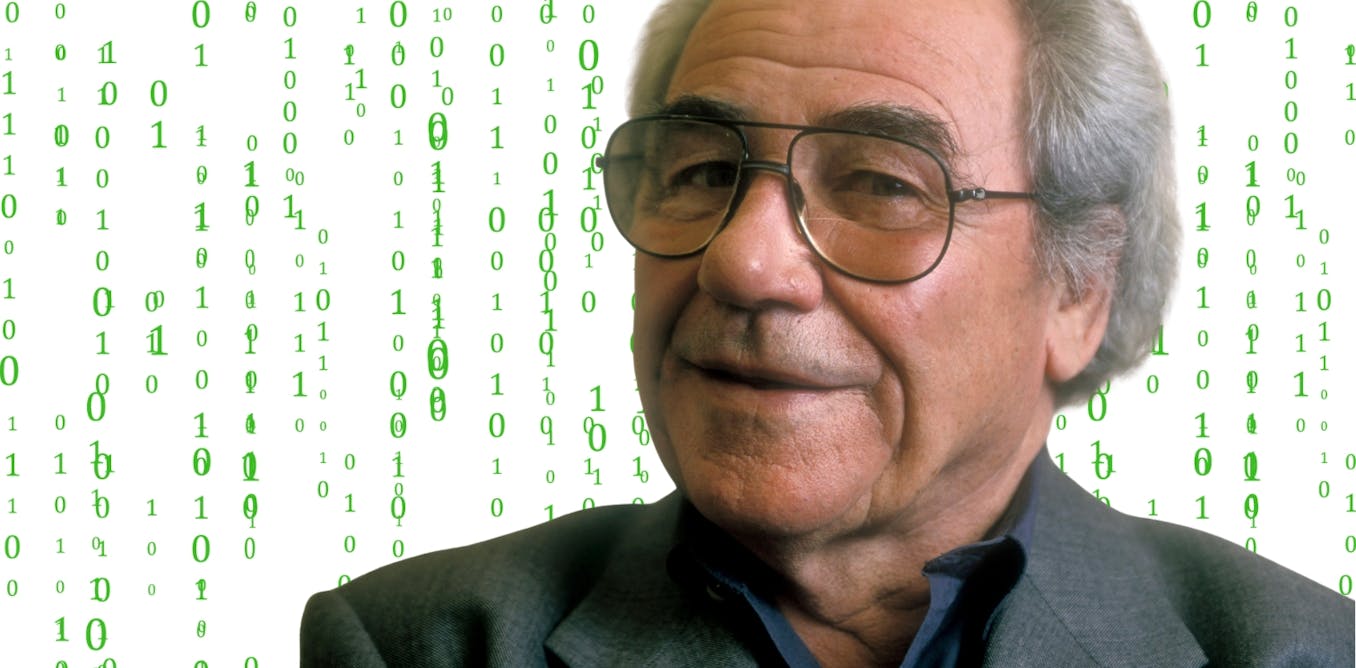
"In the late 1970s, he had begun to develop a highly original theory of information and communication. This ramped up following the publication of his book Simulacra and Simulation in 1981 (the book which influenced the 1999 movie The Matrix). In 1986 Baudrillard was noting that in society "the scene and the mirror have given way to a screen and a network"."
"Back in the 1980s, cutting-edge communication technology involved devices which seem obsolete to us now: answering machines, fax machines, and (in France) Minitel, an interactive online service that predated the internet. But Baudrillard's genius lay in foreseeing what these relatively rudimentary devices suggested about likely future uses of technology. He predicted the use of the smartphone, foreseeing each person in control of a machine which would isolate them "in a position of perfect sovereignty", like "an astronaut in a bubble"."
Jean Baudrillard developed a theory of information and communication beginning in the late 1970s, culminating in Simulacra and Simulation (1981). He observed that society shifted from scenes and mirrors to screens and networks, anticipating pervasive digital mediation. He interpreted 1980s technologies—answering machines, fax, Minitel—as indicators of future personal devices and social isolation. He foresaw smartphones that place each person in control of a machine, isolating them "in a position of perfect sovereignty" like an astronaut in a bubble. In the 1990s he turned attention to AI and its societal effects, linking technological mediation to the era of hyperreality.
Read at The Conversation
Unable to calculate read time
Collection
[
|
...
]